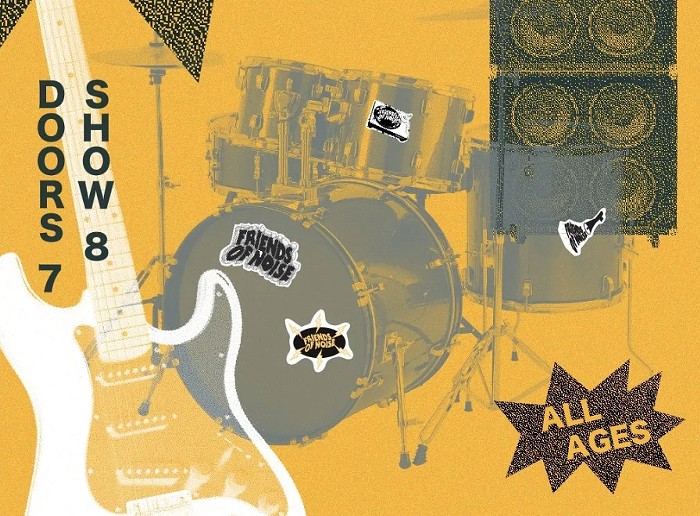ALAN LOMAX GREW UP in the shadow of his father, John A. Lomax, a respected musicologist who dedicated his life to archiving American folk music. In 1933, under assignment from the Library of Congress, father and son began making field recordings throughout the American South with a lumbering acetate phonograph disk recorder. In December 1936, 21-year-old Alan went to Haiti at the behest of author Zora Neale Hurston to document the indigenous music of that Caribbean island. With an aluminum disc cutter, Lomax collected over 50 hours of Haitian music over the next few months—which he then decided should never be released, because of the poor fidelity and high surface noise of the recordings.
The stuff that languished on these unreleased recordings is very strange indeed; the music is as primitive as the medium. Mostly a cappella with scattered percussion, the street music, work songs, church hymns, and voodoo rituals that Lomax captured often sound like they're coming from another world, with only loose threads tying them to the musical traditions of the Western world at that time. These recordings straddle a common ground that includes Latin American dance music, African traditional music, French song, and American blues and jazz, all while retaining a unique Haitian identity.
Technology is now at the point that these recordings can be salvaged for presentation for a wide audience; they've been de-noised, cleaned up, and improved, and Portland's NAIL Distribution has released Alan Lomax in Haiti, a 10-disc box set of these field recordings. It's a sumptuous package—porn for audiophiles and ethnomusicologists. Handsomely packaged with extensive liner notes and a reproduction of Lomax's journal from his visit to Haiti, it's a collector's item of some unique, lost music. In conjunction with SE Hawthorne's world music record store Timbuktunes, a local listening party is being held at Mt. Tabor Theater to celebrate Lomax's achievement and the recordings' long-awaited release. But more importantly, it's a chance to hear some music that literally doesn't exist anymore—without Lomax's vital document, the sounds of 1936-1937 Haiti would be gone forever, like so many things that impoverished island has lost over the years.



















